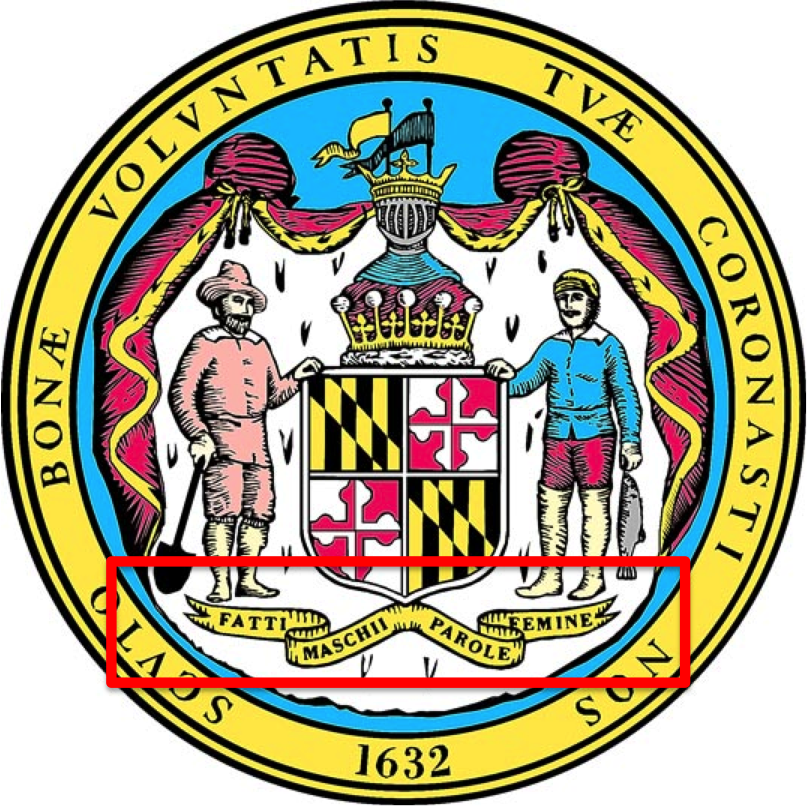In the entire state of maryland it is technically illegal to give or receive oral sex

In the entire state of Maryland, it is technically illegal to give or receive oral sex.

Maryland, known for its rich history and beautiful landscapes, is home to some peculiar laws. One such law that stands out is the prohibition of giving or receiving oral sex, which is technically illegal throughout the entire state. While many might find this fact surprising, it is important to understand the historical and legal context behind this law.
Dating back to the 20th century, Maryland, like many other states in the U.S., had laws that criminalized certain sexual activities deemed “unnatural.” These laws were part of a broader effort to regulate morality and uphold conservative values within society. However, in recent years, several of these laws have been undermined or modified due to changes in societal perspectives and legal challenges.
It is essential to note that the legality of this law is murky. The Maryland Court of Appeals, the highest court in the state, struck down the sodomy law in 1991, declaring it unconstitutional. This ruling effectively decriminalized consensual same-sex activities, including oral sex. However, the specific language of the ruling left room for interpretation, leading to confusion and inconsistent enforcement of the law.
Despite the court’s ruling, the original language of the law criminalizing oral sex remains in the Maryland legal code. While it is highly unlikely that someone would be prosecuted solely for engaging in consensual oral sex, the existence of this archaic law still raises eyebrows and sparks debate.

In recent years, numerous efforts have been made to repeal this outdated law. Advocacy groups argue that these laws infringe upon personal freedoms and violate individuals’ rights to privacy and sexual autonomy. However, progress towards overturning this law has been slow, with lawmakers hesitant to address the issue due to its controversial nature.
It is worth mentioning that some legal experts argue that the law prohibiting oral sex in Maryland could potentially be used to target individuals engaging in non-consensual acts or acts involving minors. These experts suggest that rather than repealing the law altogether, it could be modified to specifically criminalize non-consensual acts while allowing adults to engage in consensual sexual activities without fear of prosecution.
In conclusion, while it remains technically illegal to give or receive oral sex in the entire state of Maryland, the enforcement and practical implications of this law are minimal. Nonetheless, its existence continues to highlight the need for legal reform and the ongoing struggle to balance societal values with individual liberties. As Maryland progresses and adapts to modern times, it is not unlikely that this outdated law will eventually be revisited and revised or repealed altogether.
Source: Drew Cochran Law
Share
Related Posts
Quick Links
Legal Stuff

